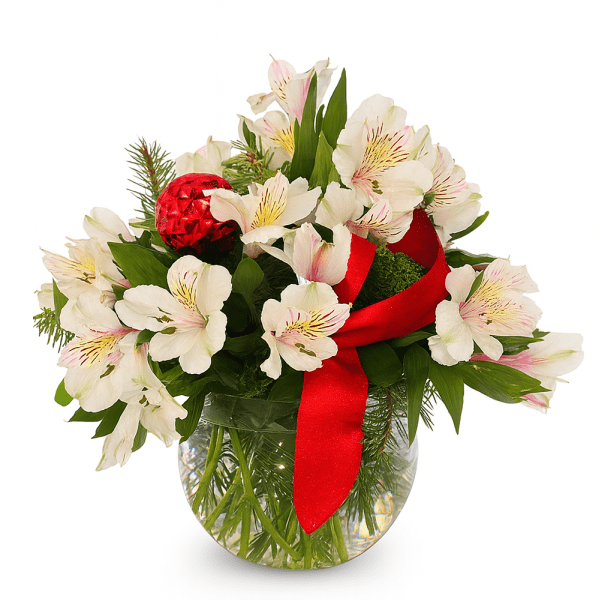The Healing Power of Flowers: Boosting Mental Health and Well-Being


The Healing Power of Flowers: Boosting Mental Health and Well-Being
Introduction
In today's fast-paced and stressful world, maintaining good mental health is more important than ever. As we grapple with the challenges of modern life, it's crucial to find simple yet effective ways to improve our well-being. One such method, often underestimated but remarkably powerful, is sending and receiving flowers. The act of gifting flowers not only brightens someone's day but also has a profound impact on mental health. In this blog, we explore the reasons why sending flowers can be a therapeutic practice that helps to alleviate stress, anxiety, and depression.
- Instant Mood Boost
Have you ever noticed how your mood instantly lifts when you receive a beautiful bouquet of flowers? The vibrant colors, pleasant fragrance, and delicate petals can evoke positive emotions and bring a sense of joy and excitement. Scientifically, flowers are known to trigger the release of dopamine, serotonin, and oxytocin - the "happy hormones" that elevate mood and reduce feelings of sadness or anxiety. Whether you are the sender or the recipient, experiencing these emotional responses can have a positive impact on mental health and foster a deeper sense of connection with others.
- Reducing Stress and Anxiety
The simple act of sending flowers can be a therapeutic way to reduce stress and anxiety for both the sender and the recipient. For the sender, selecting and arranging flowers can be a mindful and creative activity, taking their focus away from worries and allowing them to immerse themselves in the present moment. For the recipient, receiving flowers can act as a stress-reliever by reminding them that someone cares and is thinking about them, reinforcing feelings of support and belonging.
- Improving Emotional Expression
Sometimes, words may fail to express the depth of our emotions, especially when comforting someone who is going through a difficult time. Flowers, with their inherent beauty and symbolism, can serve as a powerful means of emotional expression. They can convey love, sympathy, gratitude, and many other feelings without the need for words. This can be particularly helpful in fostering communication and understanding in relationships, thereby promoting mental well-being.
- Connecting with Nature
Nature has a remarkable ability to soothe and heal the human mind. In urban settings, where concrete jungles dominate, it's easy to become disconnected from the natural world. Sending flowers can be a way to bridge this gap and bring a touch of nature's beauty and tranquility into our lives. Studies have shown that being around flowers and plants can reduce stress, lower blood pressure, and improve overall emotional well-being.
- Cultivating Positivity and Optimism
Flowers are a symbol of renewal, growth, and hope. Their seasonal nature and ability to bloom even in the harshest conditions remind us that life is a cycle of ups and downs. Sending or receiving flowers can serve as a gentle nudge to focus on the positives in life, fostering a sense of optimism and resilience during challenging times. This shift in perspective can be particularly beneficial for those struggling with mental health issues, as it encourages a hopeful outlook on life.
Conclusion
In conclusion, the simple act of sending flowers can have a profound impact on mental health and well-being. From lifting moods and reducing stress to fostering emotional expression and cultivating positivity, flowers offer a therapeutic and accessible way to enhance our mental state. Whether you're looking to brighten someone else's day or your own, consider the power of flowers as a beautiful and meaningful gesture of care and support. So the next time you find yourself in need of a little mental boost, don't hesitate to reach for a bouquet of flowers - they might just be the mood-lifter you need.
OpenAI. (2023). ChatGPT [Large language model]. https://chat.openai.com/chat


